Orthokeratology (Ortho-k) treatment is a non-surgical method of preventing the progression of myopia (nearsightedness) in children. Corneal Refractive Therapy (CRT), also called orthokeratology or ortho-k, is the therapeutic process of wearing oxygen-permeable hard contact lenses that gently reshape the cornea overnight to temporarily correct myopia. While not a permanent solution for vision correction, the lenses used in orthokeratology will provide clear vision during the daytime as long as there were worn the previous night. The lenses have also been shown to prevent the progression of worsening nearsightedness when worn routinely.
Photorefractive keratectomy, also known as PRK, is a type of eye surgery used to correct many types of vision limitations. Those who suffer from nearsightedness (myopia), farsightedness (hyperopia), or astigmatism may see a significant improvement in their vision after having this type of eye surgery. As one of the first types of laser eye surgery developed, it has been in use much longer than the more popular LASIK procedure. However, it is still used and may offer several key benefits.

